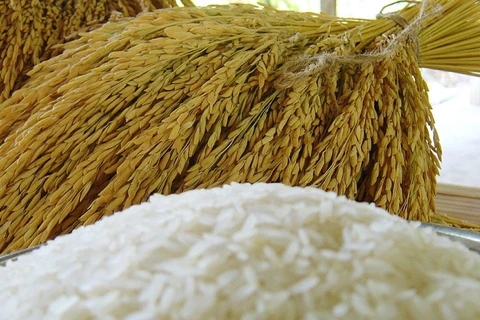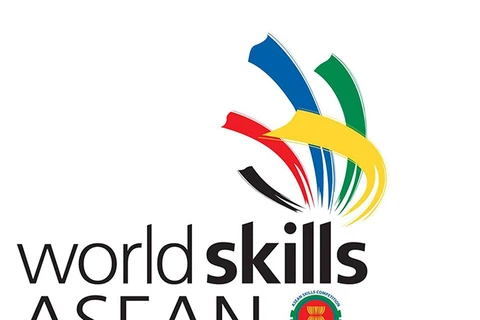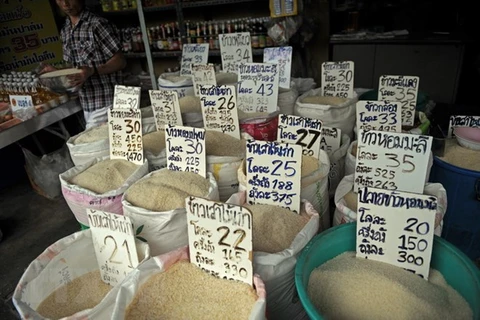Bangkok (NNT/VNA) - Thailand’s investment drive will focus on three aspects of the country’s agenda – national competitiveness, a reduction in income disparity, and sustainability, Deputy Prime Minister Somkid Jatusripitak has said.
Speaking after the annual meeting of Thailand's Board of Investment (BOI), with the heads of the 14 overseas offices, the Deputy Prime Minister said that investments are a significant part of the national agenda.
“In recent years, our investment promotion activities tended to attract investment in targeted types of business activities,” Somkid said. “We must not forget that investments are crucial to support a national transformation.
“From now on, we have to make sure that investment promotion activities can also effectively address the three major national issues - increasing national competitiveness, reducing income and social disparity, and promoting sustainability.”
He cited the development of the bioeconomy as an example. In promoting investment in the bioeconomy, value will be added to the country's backbone industries. While a bioeconomy would increase national competitiveness, it also generates incomes for people and that directly contributes to the reduction of income disparity and points to a long-term sustainable outcome. In terms of the environment and resources, the bioeconomy also focuses on environmentally friendly business activities, which contribute to environmental sustainability.
Somkid also advised the BOI to promote an investment ecosystem. He said that to attract entrepreneurial ventures, the country should not only provide investment incentives but also assist other activities that support the development of startups. Education, people training, infrastructure and a supply chain in related industries should all be developed to help ensure success for investors.
The BOI, which regularly reviews and adjusts its policy and direction to address changing economic and business trends and the national agenda, also released its foreign investors' confidence survey for this year.
The board's processes have contributed to a significant improvement in investors’ satisfaction and confidence.
The survey showed that investors’ confidence reached the highest level in five years, with 98.5 percent of the respondents confirming that they would continue to invest in Thailand. Out of the 600 companies that responded to the survey, 33 percent said they planned to expand investment, while 65.5 percent said their investments in Thailand would continue.
The top three matters that boosted their confidence in continuing and expanding their investments in Thailand were given as: the availability of raw materials and parts (54.7 percent), sufficient suppliers (50.8 percent) and attractive investment incentives (44.5 percent).
“From this year’s survey, it was clear that the ecosystem and supporting industries play an important part in investors’ confidence,” said Duangjai Asawachintachit, Secretary-General of the BOI. “Having extensive resources, parts, raw materials and suppliers is key to this success,” she noted.
“Realising this, the government and the BOI have been promoting local supporting industries throughout the years. New investment promotion incentives have also been customised and offered in response to rapid technology development and more intense business competition,” she said.-NNT/VNA
Speaking after the annual meeting of Thailand's Board of Investment (BOI), with the heads of the 14 overseas offices, the Deputy Prime Minister said that investments are a significant part of the national agenda.
“In recent years, our investment promotion activities tended to attract investment in targeted types of business activities,” Somkid said. “We must not forget that investments are crucial to support a national transformation.
“From now on, we have to make sure that investment promotion activities can also effectively address the three major national issues - increasing national competitiveness, reducing income and social disparity, and promoting sustainability.”
He cited the development of the bioeconomy as an example. In promoting investment in the bioeconomy, value will be added to the country's backbone industries. While a bioeconomy would increase national competitiveness, it also generates incomes for people and that directly contributes to the reduction of income disparity and points to a long-term sustainable outcome. In terms of the environment and resources, the bioeconomy also focuses on environmentally friendly business activities, which contribute to environmental sustainability.
Somkid also advised the BOI to promote an investment ecosystem. He said that to attract entrepreneurial ventures, the country should not only provide investment incentives but also assist other activities that support the development of startups. Education, people training, infrastructure and a supply chain in related industries should all be developed to help ensure success for investors.
The BOI, which regularly reviews and adjusts its policy and direction to address changing economic and business trends and the national agenda, also released its foreign investors' confidence survey for this year.
The board's processes have contributed to a significant improvement in investors’ satisfaction and confidence.
The survey showed that investors’ confidence reached the highest level in five years, with 98.5 percent of the respondents confirming that they would continue to invest in Thailand. Out of the 600 companies that responded to the survey, 33 percent said they planned to expand investment, while 65.5 percent said their investments in Thailand would continue.
The top three matters that boosted their confidence in continuing and expanding their investments in Thailand were given as: the availability of raw materials and parts (54.7 percent), sufficient suppliers (50.8 percent) and attractive investment incentives (44.5 percent).
“From this year’s survey, it was clear that the ecosystem and supporting industries play an important part in investors’ confidence,” said Duangjai Asawachintachit, Secretary-General of the BOI. “Having extensive resources, parts, raw materials and suppliers is key to this success,” she noted.
“Realising this, the government and the BOI have been promoting local supporting industries throughout the years. New investment promotion incentives have also been customised and offered in response to rapid technology development and more intense business competition,” she said.-NNT/VNA
VNA
























